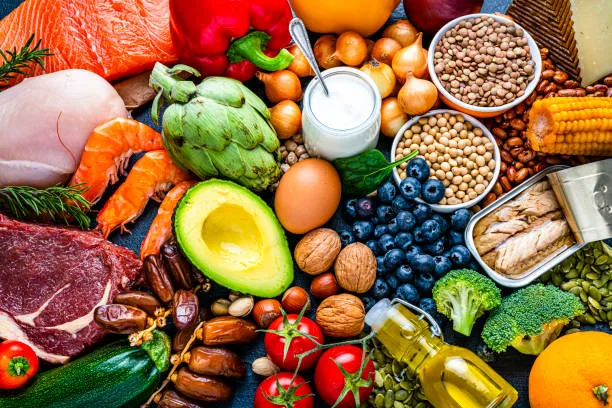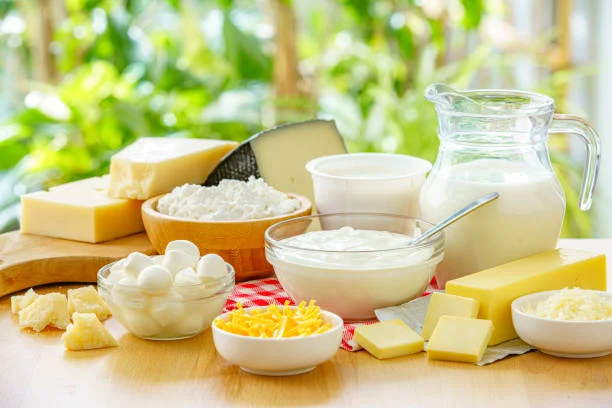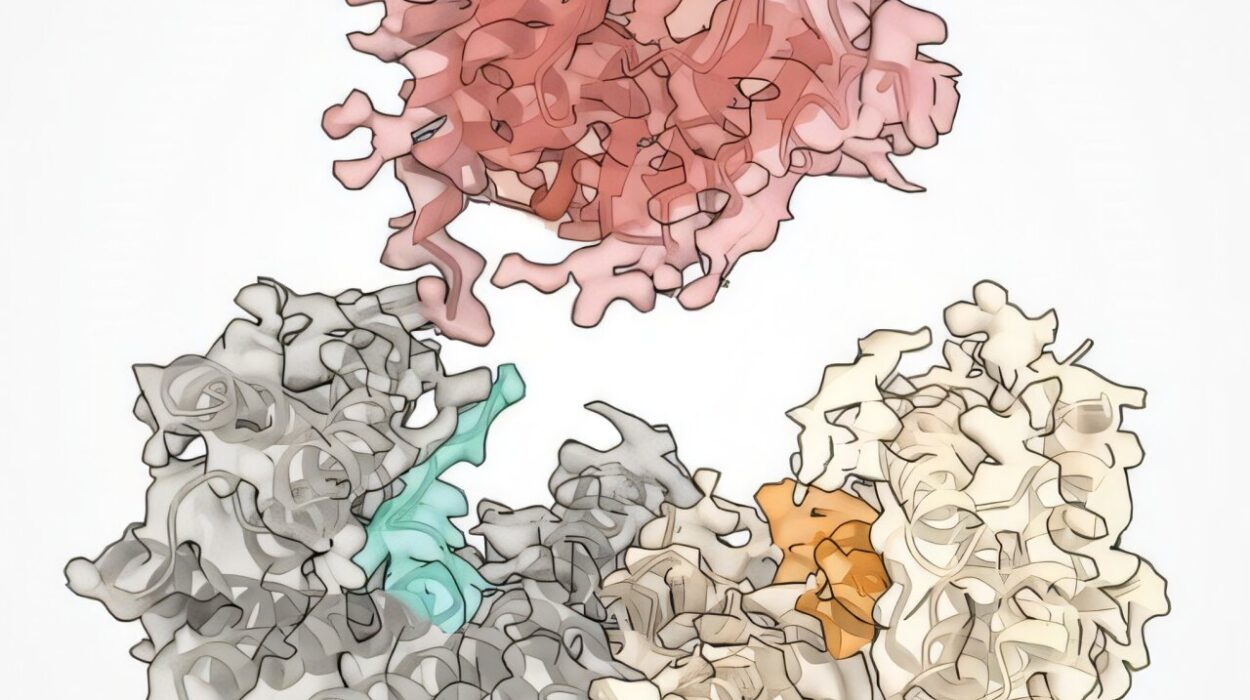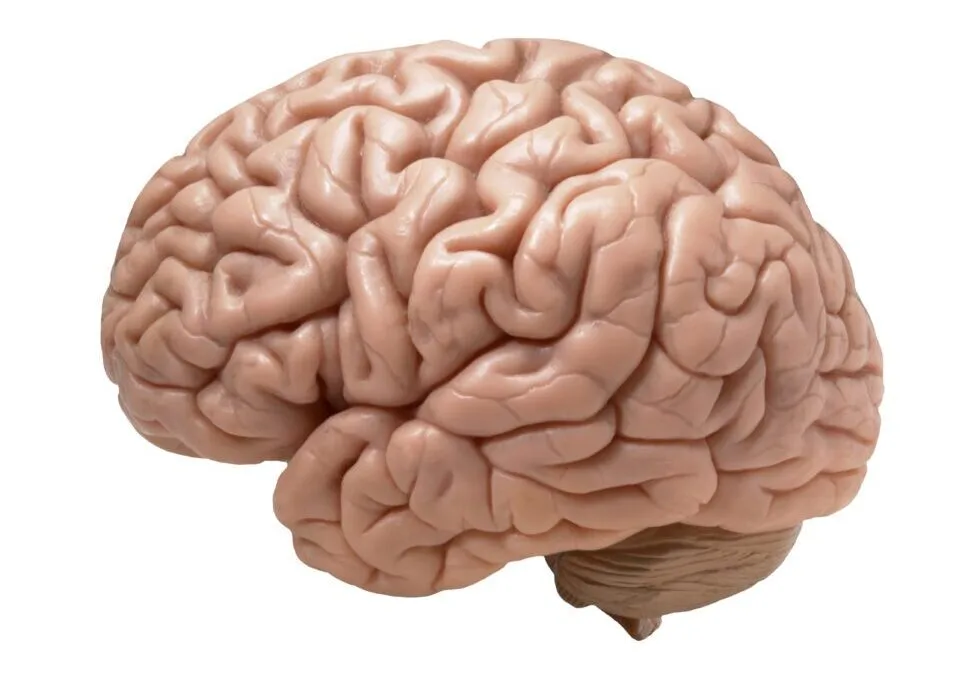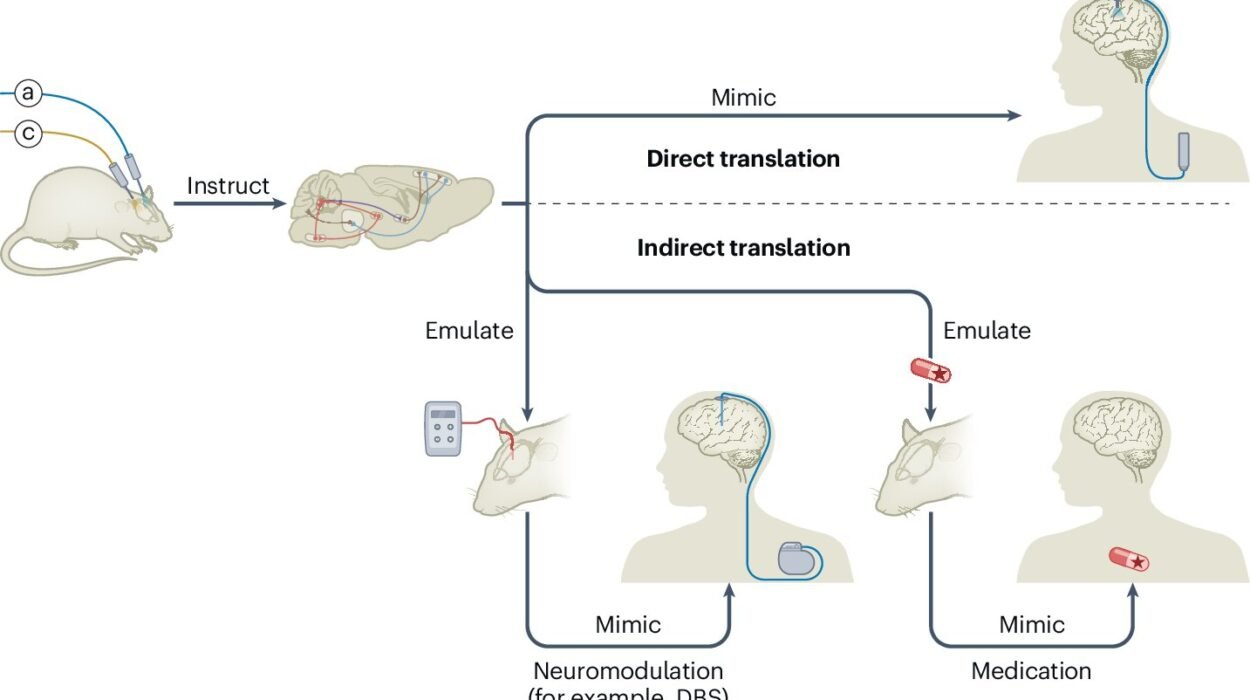In an age where diet fads rise and fall like the tides, the Mediterranean diet stands as a quiet, enduring force—unmoved by trends, unchanged by hype. It’s not a gimmick, nor a rigid set of rules. It is, instead, a lifestyle steeped in tradition, rooted in culture, and supported by decades of science. More than a way to eat, the Mediterranean diet is a philosophy of life that celebrates balance, community, and the pleasure of good food shared with people you love.
From the sun-drenched coastlines of Greece to the lavender-scented hills of Provence and the bustling bazaars of Morocco, the Mediterranean region offers more than postcard-worthy views. It offers a way of living that seems almost revolutionary in its simplicity: eat fresh, move often, connect deeply. It’s this simplicity that science has steadily endorsed. Study after study confirms what villagers in Crete and farmers in southern Italy have known for generations—the Mediterranean diet is not just delicious; it’s life-extending.
A Diet Born from Geography and Tradition
To understand the Mediterranean diet, we must first understand the land that birthed it. The Mediterranean Basin spans southern Europe, northern Africa, and the Middle East, enveloping over 20 countries, each with its own unique take on food and farming. But despite cultural differences, a unifying pattern emerges—meals built on whole, plant-based foods, with olive oil flowing as freely as the wine.
The origins of the Mediterranean diet are not found in a laboratory or nutrition textbook but in ancient kitchens and communal tables. It evolved from necessity, availability, and tradition. People ate what they grew, harvested, fished, or raised. Grains were ground by hand. Vegetables were picked from backyard gardens. Meat was scarce, reserved for special occasions, and never wasted. Nothing came in plastic. Everything had a season.
This lifestyle gained global attention in the mid-20th century, thanks to the work of American physiologist Ancel Keys. During his famous “Seven Countries Study,” Keys discovered that residents of Mediterranean countries, particularly Greece and southern Italy, had significantly lower rates of heart disease compared to their American counterparts—despite consuming more fat. The difference, it turned out, was the type of fat and the broader dietary pattern.
The Science Behind the Health Benefits
The Mediterranean diet is often hailed as the gold standard in preventive medicine. It is not just anecdotal wisdom; it’s evidence-based. Over the last several decades, a deluge of clinical trials, epidemiological studies, and meta-analyses have confirmed its numerous health benefits. Cardiovascular health is at the forefront. People who follow the Mediterranean diet consistently show lower risks of heart attacks, strokes, and high blood pressure. The diet’s abundance of anti-inflammatory foods—like nuts, leafy greens, and fatty fish—contribute to reduced arterial plaque and improved endothelial function.
But the benefits extend far beyond the heart. In a landmark 2013 study known as the PREDIMED trial, researchers demonstrated that adherence to the Mediterranean diet significantly reduces the risk of developing type 2 diabetes. The fiber-rich whole grains, legumes, and healthy fats improve insulin sensitivity and regulate blood sugar levels naturally.
Emerging evidence also links the Mediterranean diet to brain health. People who eat this way have lower risks of Alzheimer’s and other neurodegenerative diseases. The anti-inflammatory properties and antioxidant-rich components seem to protect neurons from damage and promote cognitive longevity. In fact, neuroscientists now refer to the Mediterranean diet as one of the few dietary patterns shown to slow age-related cognitive decline.
Even cancer risk appears to be impacted. A growing body of research suggests that the Mediterranean diet may reduce the incidence of breast cancer, colorectal cancer, and certain lymphomas. These effects likely stem from the diet’s emphasis on phytochemicals, healthy fats, and minimal consumption of red and processed meats.
Olive Oil: The Liquid Gold
At the heart of the Mediterranean diet is olive oil—extra virgin, cold-pressed, and fragrant with flavor. More than a culinary staple, it is a symbol of health and heritage. Rich in monounsaturated fats and polyphenols, olive oil is scientifically recognized for its ability to reduce inflammation, improve cholesterol profiles, and support cellular health.
Unlike processed seed oils, olive oil is minimally refined and packed with antioxidants like oleocanthal, which has been shown to have ibuprofen-like anti-inflammatory effects. Regular consumption has been linked to decreased mortality rates, particularly from heart disease and cancer. Studies show that even replacing a small amount of butter or margarine with olive oil significantly lowers the risk of coronary events.
The benefits of olive oil are not purely medicinal—they are also deeply sensual. Its earthy aroma, silky texture, and peppery finish turn even a simple salad into something extraordinary. In the Mediterranean tradition, olive oil is not a condiment; it is the beginning of the meal, the flavor that ties ingredients together, the reason bread becomes irresistible.
The Beauty of Plant-Centered Eating
Though the Mediterranean diet includes animal products like cheese, yogurt, and fish, its foundation is unequivocally plant-based. Vegetables are not side dishes—they are the stars. Beans, lentils, tomatoes, eggplants, leafy greens, zucchini, and artichokes create a vibrant mosaic of color, flavor, and texture.
Fruits serve as dessert—not the overly sweet, hyper-processed kind, but fresh figs, oranges, grapes, and pomegranates, bursting with vitamins and rich in fiber. Whole grains like bulgur, farro, and barley provide sustaining energy, while nuts and seeds offer healthy fats, protein, and crunch.
This emphasis on whole, unprocessed plants doesn’t just improve individual health; it supports planetary health. Mediterranean eating is more sustainable than meat-heavy Western diets. It requires fewer resources, produces fewer greenhouse gases, and supports biodiversity. In a world grappling with climate change and environmental degradation, the Mediterranean diet is not just smart eating—it’s ethical living.
The Role of Seafood and Modest Animal Products
One of the most nuanced aspects of the Mediterranean diet is its approach to animal foods. It does not prohibit them, but places them within a broader context of moderation and quality. Fish, particularly oily varieties like sardines, anchovies, mackerel, and salmon, are eaten regularly. These fish are rich in omega-3 fatty acids, which reduce inflammation, support brain function, and lower triglycerides.
Cheese and yogurt, typically made from sheep or goat’s milk, are consumed in modest amounts. These dairy products are often fermented, which adds beneficial probiotics and improves digestibility. Red meat is rare, more often seen during feasts or religious celebrations. Processed meats, like sausage and bacon, are largely absent.
Eggs appear in many Mediterranean dishes, from Spanish tortillas to North African shakshuka. But even these are enjoyed sparingly—enough to add richness and satiety without overwhelming the dish.
It’s not just what is eaten, but how. Animal foods in the Mediterranean diet are chosen for quality, consumed mindfully, and prepared with reverence. They are accompaniments, not main attractions.
Red Wine, Ritual, and Moderation
Perhaps one of the most romanticized aspects of the Mediterranean diet is its inclusion of red wine. But wine here is not about intoxication—it is about ritual, enjoyment, and companionship. It’s a glass of robust Chianti with a bowl of minestrone, a dry rosé shared with friends on a sunlit terrace, a sip of deep red Tempranillo alongside grilled vegetables.
Red wine, especially in moderate amounts, contains polyphenols like resveratrol, which may offer heart-protective benefits. However, the key is moderation—typically one glass per day for women and two for men. Excess alcohol consumption is harmful, regardless of the source.
The cultural context matters. In Mediterranean regions, wine is rarely consumed in isolation. It accompanies meals, slows down eating, and enhances the sensory pleasure of food. This is drinking as it was meant to be—not to numb, but to elevate.
Movement, Sunlight, and the Rhythms of Daily Life
What makes the Mediterranean lifestyle truly powerful is that it extends beyond the plate. Physical activity is not confined to gyms or treadmills; it is woven into daily life. People walk to the market, tend gardens, climb hills, and dance. Movement is natural, purposeful, and joyful.
Sunlight plays its own role, helping the body produce vitamin D and synchronize circadian rhythms. Meals are often enjoyed outdoors, bathed in golden light and fresh air. The Mediterranean diet is inseparable from the Mediterranean way of living—active, connected, and tuned to the seasons.
Equally important is the culture of rest. Afternoon siestas, long family dinners, and slow weekends remind us that health is not just about productivity, but about renewal. The body thrives when it is allowed to ebb and flow, rather than operate in constant overdrive.
Community and the Sacredness of Shared Meals
Perhaps the most overlooked, yet most transformative element of the Mediterranean diet is the role of community. Meals are rarely eaten alone. They are shared events—expressions of hospitality, love, and tradition. Food is not fuel—it is connection.
This social dimension has measurable effects on health. Studies show that people who eat together have lower rates of depression, better digestion, and longer life expectancy. Eating in the company of others slows the pace, increases satisfaction, and fosters deeper bonds.
Children grow up learning recipes from grandparents. Festivals center around traditional dishes prepared together. Even the act of shopping for ingredients—interacting with vendors at local markets—becomes a ritual of belonging.
In the Mediterranean mindset, food is not something to control or fear—it is something to celebrate. It is the thread that ties generations together.
Adapting the Mediterranean Diet to Modern Life
In a world of fast food, desk lunches, and digital distractions, adopting the Mediterranean diet may seem idyllic but impractical. The truth is, it’s not about perfection—it’s about pattern. Even small shifts can bring profound benefits. Replacing processed snacks with nuts or fruit. Swapping butter for olive oil. Eating more beans. Sharing more meals with loved ones. These are not acts of restriction, but of liberation.
The Mediterranean diet is incredibly flexible. It can accommodate vegetarians, vegans, pescatarians, and omnivores. It doesn’t count calories, but cultivates awareness. It allows indulgence—homemade pasta, a piece of dark chocolate, a celebratory glass of wine—without guilt.
Cooking Mediterranean-style can be simple. A pot of lentil soup. A tray of roasted vegetables with lemon and herbs. A salad with chickpeas, olives, and feta. The goal is not to mimic a specific culture, but to embrace the spirit of Mediterranean living: whole foods, seasonal produce, intentional meals, and joyful eating.
A Pathway to Health and Longevity
If there were a pill that could reduce heart disease, lower cancer risk, extend life, and improve mood, it would be a global sensation. Yet the Mediterranean diet offers all of these, not in a pill, but in a plate. And unlike many modern diets, it is supported not just by data, but by millennia of human experience.
In Sardinia, Ikaria, Crete, and other “Blue Zones” of longevity, the Mediterranean diet isn’t a prescription—it’s a way of life. People live into their 90s and beyond, not just long, but well. They remain active, mentally sharp, and socially engaged. Their vitality comes not from supplements or superfoods, but from olive oil, vegetables, legumes, movement, and love.
More Than a Diet—A Return to the Essentials
The Mediterranean diet is not a miracle. It’s not a quick fix or a guarantee. But it is a deeply humane and sustainable approach to nourishment—one that honors the body, the earth, and our shared need for connection.
In embracing it, we return to something our ancestors understood intuitively: that food is sacred, that health is communal, and that well-being arises not from restriction, but from rhythm, pleasure, and wholeness.
So, whether you’re savoring a sun-ripened tomato with a drizzle of olive oil or sitting down to a bowl of bean stew with fresh bread and good company, you’re doing more than eating. You’re participating in a tradition that stretches across centuries and continents. A tradition that reminds us that the best diet for the heart is also the one that warms the soul.
